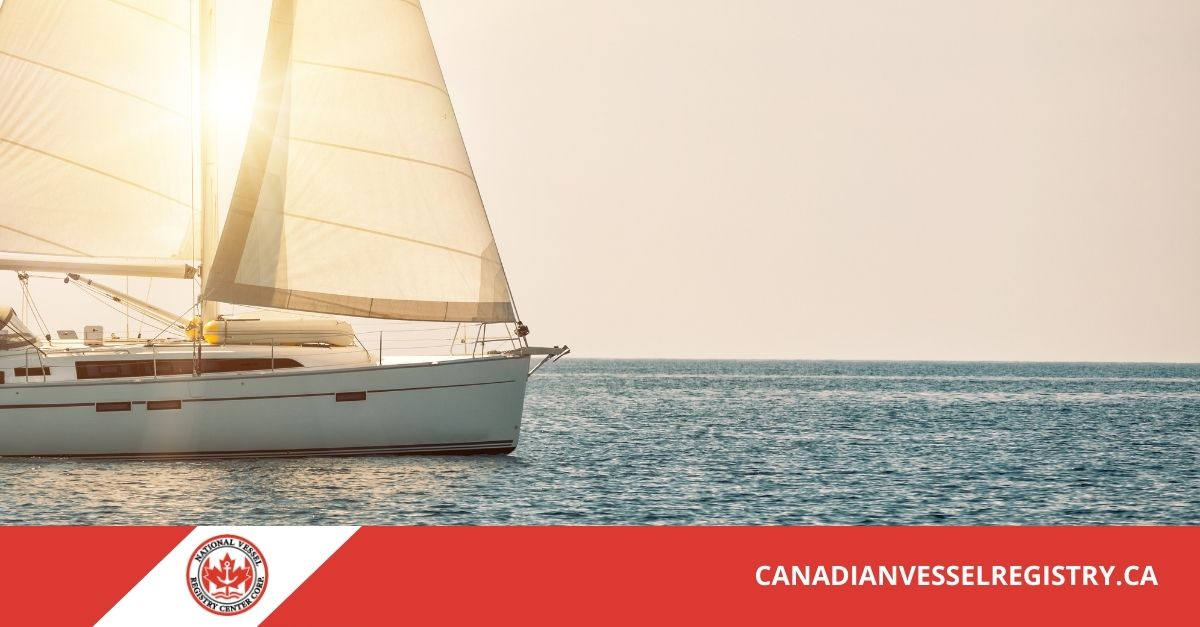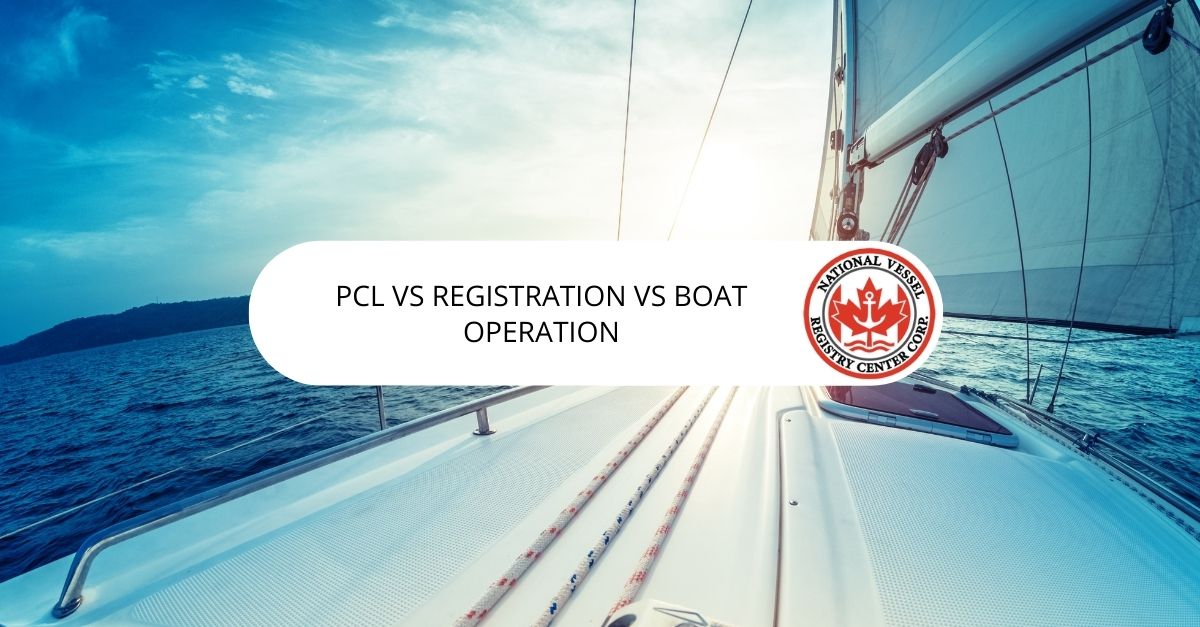In Canada, water navigation can be perplexing, particularly when it comes to differentiating between a pleasure craft operator card, boat registration, or Pleasure Craft Licence (PCL).
Many individuals erroneously think that these terms are synonymous; however, they definitely have different functions.
Let’s delve into the key differences between a PCOC, boat registration, and pleasure craft licence in Canada, and emphasize the importance of recognizing their individual purposes.
Grasping Boat Licences Known as PCOCs
A boat operating licence, frequently referred to as a Pleasure Craft Operator Card (PCOC), is a compulsory requirement for Canadian boaters. The purpose of this licence is to ensure safety on waterways by proving that operators possess the necessary knowledge and skills for boat operation.
To acquire a PCOC, individuals need to complete an approved boating safety course and pass the final exam. The course addresses essential subjects, including navigational rules, emergency procedures, and environmental responsibilities. Once you’ve obtained your PCOC, it remains good for life and must always be on hand while operating a pleasure craft.
The PCOC pertains to any watercraft with a motor. Even if you’re renting or borrowing a boat temporarily, you’re still obligated to carry your PCOC with you.
Understanding Boat Registration
Boat registration, conversely, is not directly connected to safety education or operator competence. Rather, it’s akin to registering an automobile – it confirms legal ownership of your vessel with the Canadian government. Registered boats receive unique identification numbers and official documentation as evidence of ownership.
This is where things can become confusing. You can either apply for a licence (not a PCOC) or register your boat. A licence is necessary if you operate a pleasure craft with at least a 10 hp engine (7.5 kW) and you’re not financing the boat.
You must obtain registration if you took out a marine loan for your vessel. The registration or PCL is mandatory so that search and rescue teams can locate you in case of an emergency. In both instances, you’re given an official number to display on your watercraft.
Upon obtaining registration, you can also fly the Canadian flag and give your boat a unique name. Both types of documentation must always be kept onboard.
While some smaller pleasure craft might be exempt from registration requirements, it typically applies to larger boats in Canada – particularly those used for commercial purposes or with over a 10 horsepower motor. As mentioned, registering your vessel grants you specific advantages like securing marine mortgages or obtaining boat insurance.
Boat registration primarily benefits owners by defending their legal rights in situations such as theft, accidents, or other similar issues. Although it’s not mandatory for all pleasure craft, it’s a wise option for those seeking additional security.
In summary, getting a boating licence or PCOC and registering your vessel play different roles in the Canadian boating realm. A boat licence in the form of a pleasure craft operators card (PCOC) pertains to operator competence and safety education, and is obligatory for operating motorized watercraft.
Boat registration, or obtaining a pleasure craft license (PCL) or pleasure craft registration, primarily concerns boat proprietorship and legal rights. It is not necessary for every pleasure craft but offers extra protection and benefits for owners. A registration and PCL cannot be obtained concurrently—you must choose one or the other.
By comprehending the differences between a PCOC vs boat registration or a pleasure craft licence in Canada, you can adhere to the appropriate guidelines ensuring safe and enjoyable boating experiences.

Embark Legally Online Now
Whether you’re preparing for a peaceful day on the lake or an exhilarating sailing escapade, knowing your legal obligations on the waterways will help you stay compliant and safeguard your pleasure craft rights to ownership. Visit the Canadian Vessel Registry to ensure that your vessel is legal.

